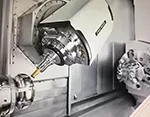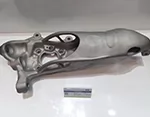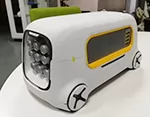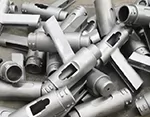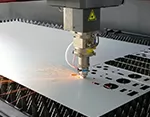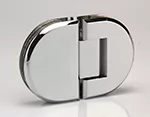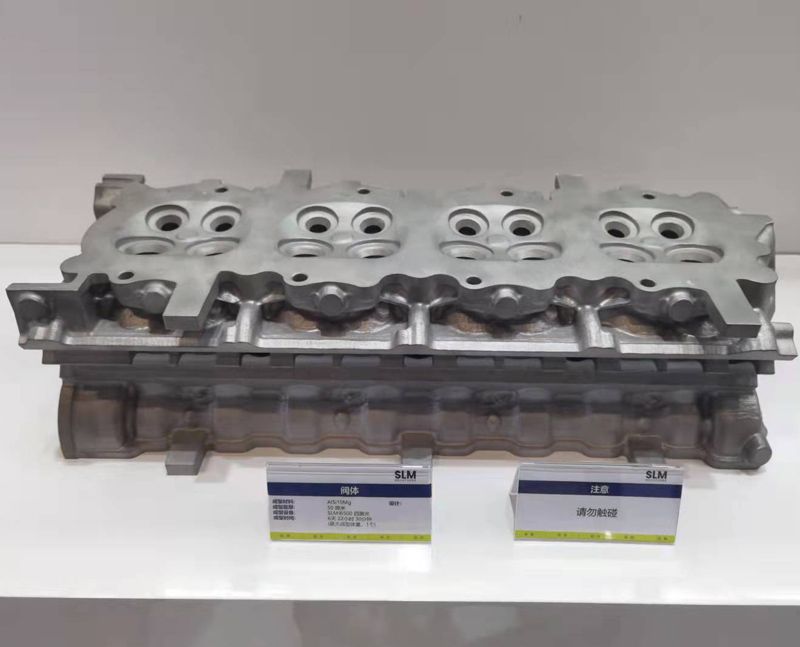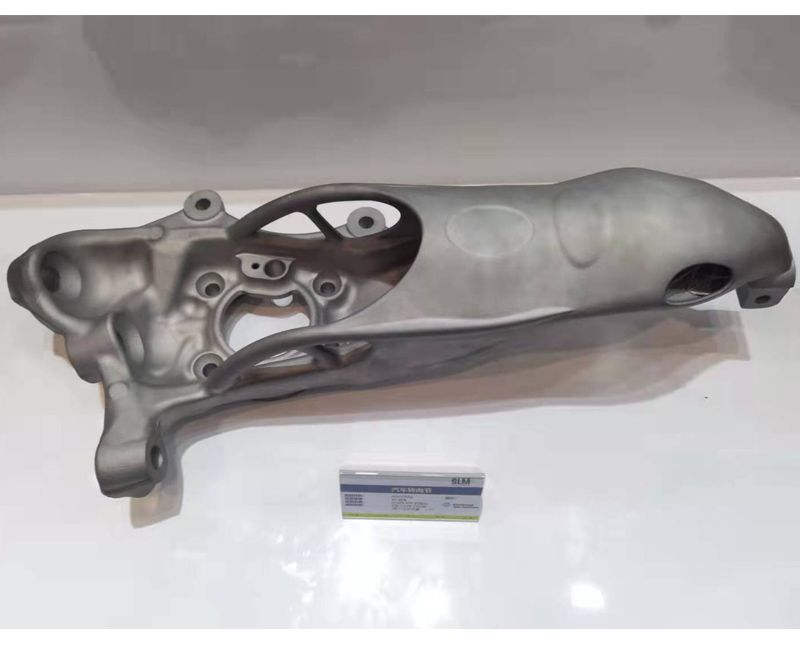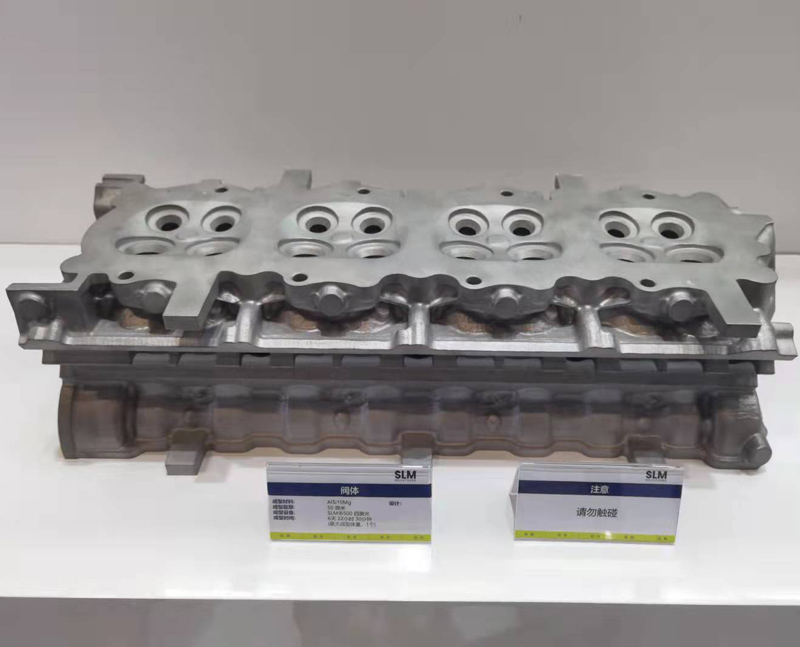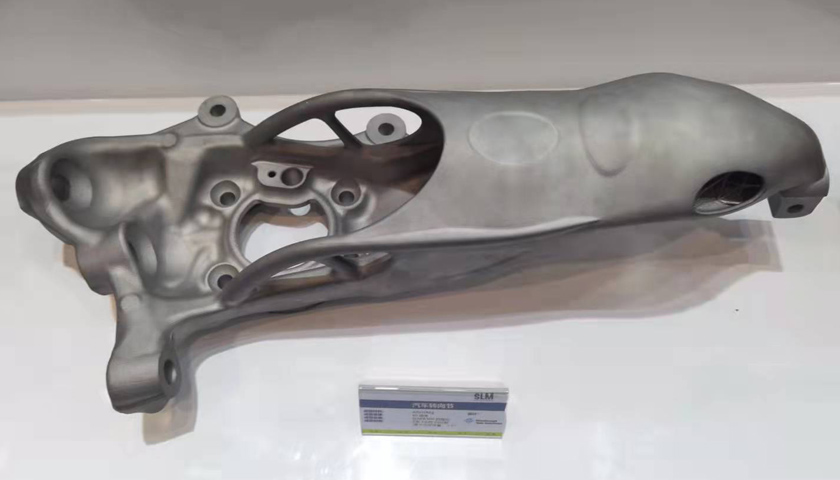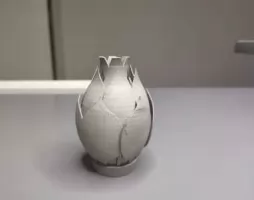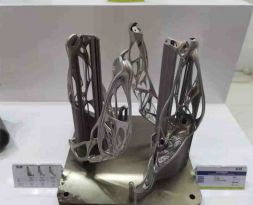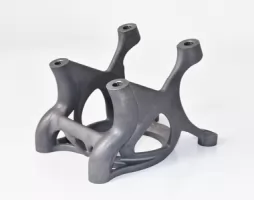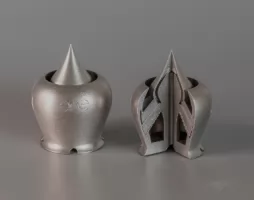-
Service
+
- CNC Precision Machining Service +
- Multi-Axis Simultaneous Machining Service +
- CNC Turning Service +
- Metal 3D Printing Service +
- Rapid Prototyping Service +
- Die Casting Service +
- Sheet Metal Fabrication Service +
-
Finish Serivces
+
- Polishing
- Grinding
- Brushed Finish
- Sand blasting
- Painting
- Powder Painting
- Anodizing
- Hard anodizing Service
- Passivation
- Zinc Plating
- Nickel Plating
- Chrome Plating
- Blackening
- Black Zinc Plating
- Teflon Coating
- Titanium Coating
- DLC Coating
- Laser Marking
- Silk Screen Printing
- Transfer Printing
- Micro Arc Oxidation
- Industries +
- About Us +
- Resource +
- Contact Us
- Quote

-
Service
-
>
-
>
-
>
-
>
-
>
-
>
-
>
-
>
-
- Industries
- About Us
- Resource
- Contact Us
What Is The Raw Material Used For SLM?
SLM (Selective Laser Melting) is an additive manufacturing method developed specifically for the 3D printing of metal alloys. It adds parts by fusing metal powder particles together in a complete melting process.SLM (Selective Laser Melting) is an additive manufacturing method developed specifically for the 3D printing of metal alloys. It adds parts by fusing metal powder particles together in a complete melting process.
SLM (Selective Laser Melting) is an additive manufacturing method developed specifically for the 3D printing of metal alloys. It adds parts by fusing metal powder particles together in a complete melting process.
This article will focus on the most commonly used powder materials in SLM, the selective laser melting market and future applications, and the benefits of SLM 3D printing technology.
SLM is considered one of the most versatile techniques because it can handle a wide range of materials, especially metals and alloys. Its most suitable applications are in the aerospace, automotive, construction, food, and jewelry industries.
What is Selective Laser Melting?
SLM is an additive manufacturing process in which powdered materials are melted using a high-power laser and cured in successive layers to produce complex 3D physical models. The process is based on metal powder as a raw material. A thin layer of metal powder is deposited on a substrate and the laser heats and melts the powder particles according to a computer-aided design (CAD). SLM is also known as laser powder bed fusion (LPBF) or direct metal laser melting (DMLM).
What materials are used for selective laser melting?
The early applications of SLM included only cast iron, titanium, and nickel. These were used primarily because of their abundance, the opportunity for widespread application, and cost. Later, SLM research progressed to include other metals such as aluminum, copper, cobalt, and tungsten and their alloys and composites.
SLM Materials Market
The metal powder additive manufacturing market size was approximately $366 million in 2019. It is expected to grow by more than 18% (CAGR) between 2020 and 2026, reaching approximately $970 million by 2026. Technological advancements will become focused on lighter and cleaner products as well as shorter processing times and costs.
Future applications
SLM technology typically uses powder particle sizes of 20 to 50 mm and layer thicknesses of 20 to 100 mm. Recent efforts have scaled down the technology to make it suitable for particle sizes smaller than 10 mm and layer thicknesses smaller than 10 mm. This technique is known as micro-SLM and is expected to continue to evolve and find applications in cell biology, biomedicine, and clinical diagnostics.
The aerospace and automotive industries are envisioning the installation of devices and sensors with micron and nanometer resolution through precise macrostructural control.
Another industry that will continue to grow is the jewelry industry, which is working to incorporate more precious metals, such as gold, platinum, and palladium alloys. These also involve achieving near-net-shape manufacturing, reducing material waste, and increasing the efficiency of the manufacturing process.
Why Choose SLM 3D Printing Technology?
The SLM process is very beneficial for those who need to produce metal parts quickly for prototyping or production. It also allows for the creation of complex and highly detailed designs that are not possible with any other technology due to the limitations of traditional manufacturing processes.
Complex geometries
This metal 3D printing technology allows you to create thin-walled objects and complex geometries for lightweight designs.
Compression Resistance
Selective laser metal gives you access to materials with excellent mechanical properties to create parts that handle loads and stresses.
Small batches
Using this technology to obtain perfectly 3D printed metal parts is especially useful if you need to produce small batches.
For more information about the SLM 3D Printing Service, welcome to contact us at +86 139 2579 3228 or write to us at admin@kesugroup.com. We will be happy to help you out!

